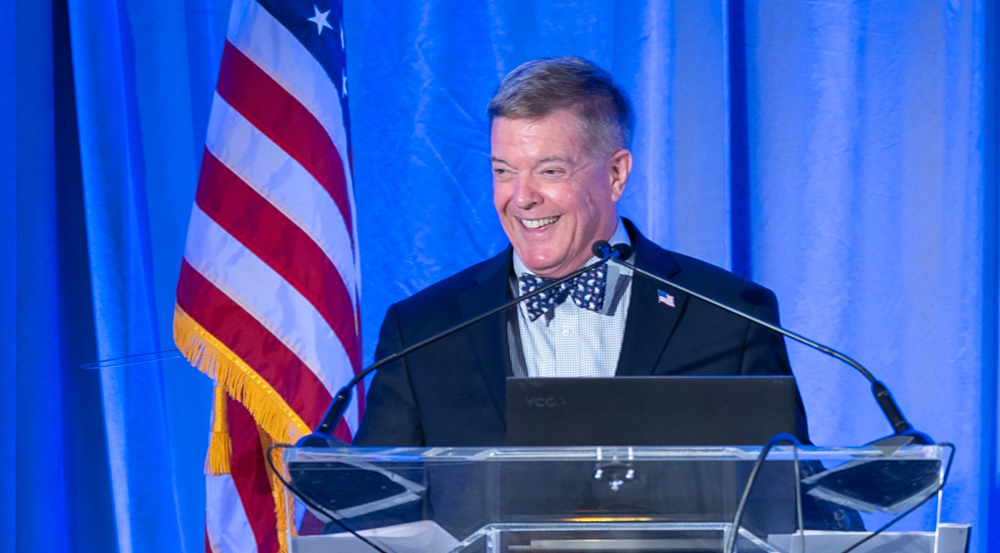Tom Rogerson, founder of GenLegCo, an organization that helps families prepare for the future and build their legacy, shared his company’s findings on families that successfully pass on their legacy and those that don’t. One key finding is that by the end of the second generation, after significant wealth is earned in a family, sixty percent of families lose unity, connection, and history, and therefore most of their wealth.
It’s not that they lost the money and that caused them to lose the family. It’s the other way around.
And unfortunately, according to Mr. Rogerson, traditional estate plans are actually speeding up this process. The families that report failure in this area say they did so for three reasons: First, they lost their identity and history. Second, they lost connection with one another. Third, they suffered the loss of financial legacy. Addressing the family identity and relationships must be the top priority.
If today you hear the story of your greatgrandfather as a child, you know the story of somebody that lived through depressions (not recessions), world wars, and pandemics. Then you know that you’re connected to people that actually got through difficult times. And it turns out that’s the beginning of that ability to pull oneself up by the bootstraps. . . and today’s youth can actually feel like ‘I can do this, too.’
Knowing the family story can be the basis for the group decision making that is essential to preserving both the philanthropic intent and legacy of a family. Mr. Rogerson’s team found that less than five percent of families that lost their legacies did so based on poor planning and investing. The majority had to do with a failure to build a culture of collaboration and prepare the next generation for philanthropy. This means getting away from the traditional legacy planning approach where parents make all the decisions— families must learn to make decisions together.
As Mr. Rogerson likes to say, “A strong business cannot hold a family together, but a strong family can hold the business together.” The same holds for philanthropy, a tremendously rewarding enterprise whose success rests upon family unity and trust.
Less than five percent of families that lost their legacies did so based on poor planning and investing.


